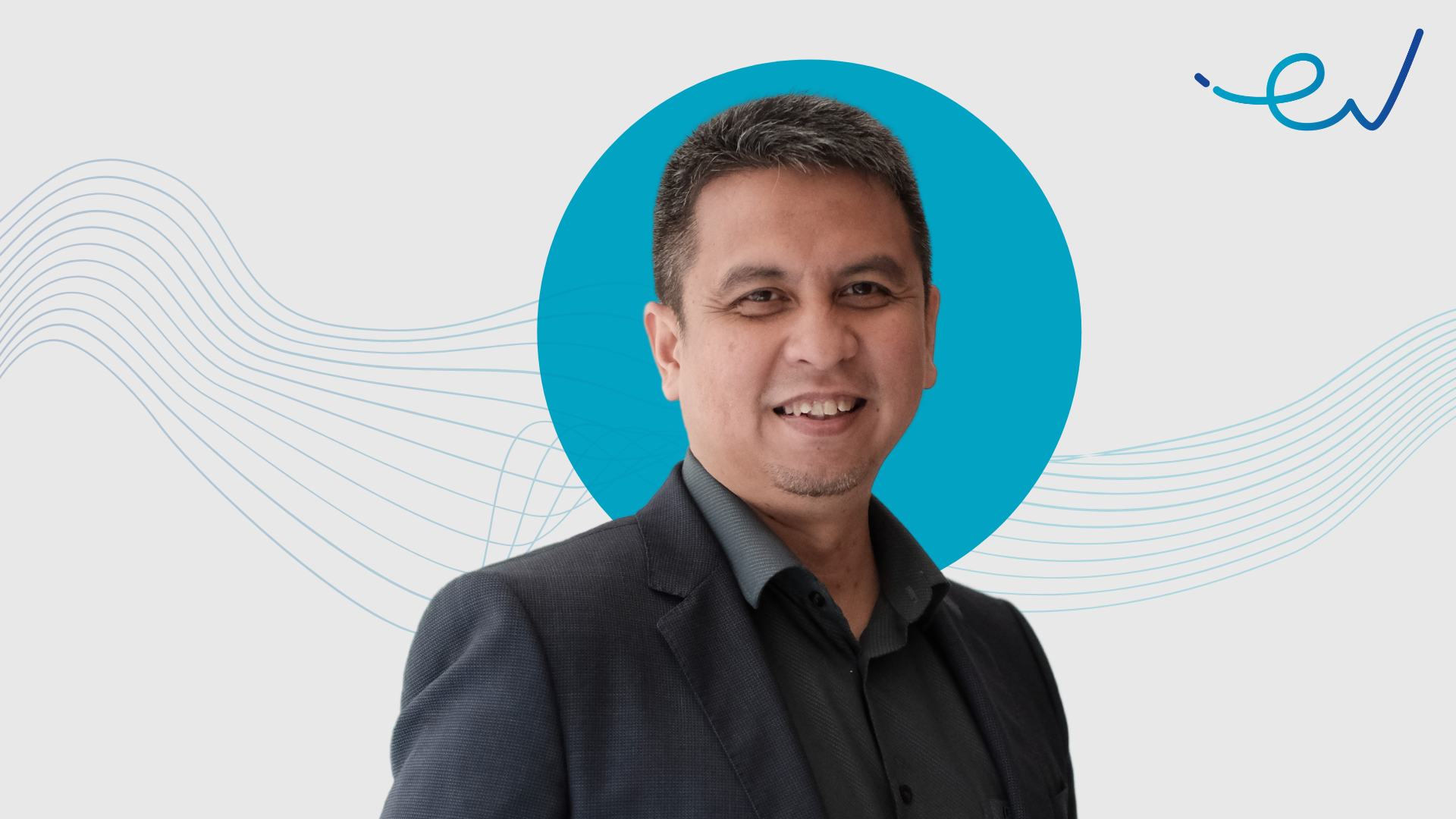From Portfolios
Bridging the gap to drive growth through digital distribution
From the perspective of Agung Bezharie Hadinegoro, CEO of Warung Pintar Indonesia is estimated to be Southeast Asia’s biggest player in the digital economy. What are the challenges to encourage the reinforcement of the digital economy in Indonesia? First is the infrastructure issue. Although infrastructure…






